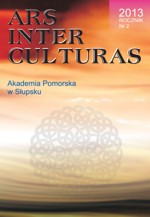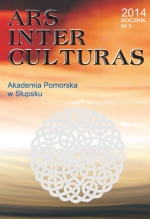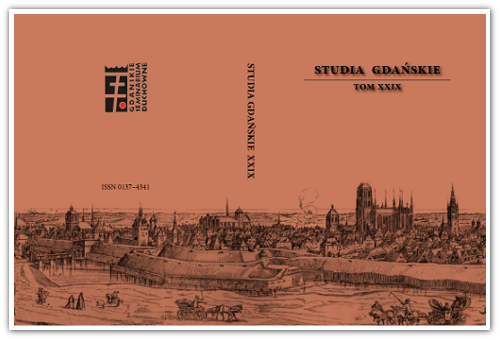PATRIOTYCZNA DZIAŁALNOŚĆ WYBRANYCH
PROPAGATORÓW KULTURY KASZUBSKIEJ
Author(s): Marlena Winnicka / Language(s): Polish
/ Issue: 3/2014
Keywords: Cashubian culture; Cashubian folklore; patriotism; regionalism; prominent people in Cashubia
Cashuby is where Cashubians live and reside. This definition was formulated by the expertof the history of Pomerania – Gerard Labuda Ph.D. Cashuby is a geographic and culturalregion located in the north of Poland. It is situated in the Pomorskie province overlapping with the Kujawsko-Pomorskie province. The main towns of Cashuby are: Bytow,Kartuzy, Kościerzyna, Puck, Wejherowo, and Żukowo. The interests of the researchers inthis region dates back to the early 19th century. One of the first researchers of the Cashuby folklore was Krzysztof Celestyn Mrongowiusz (1764-1855) – an evangelical clergyman, preacher of St. Anna’s church in Gdansk, a teacher, philosopher, linguist, and translator. The Cashuby regionalism, as a wide cultural and social current, was developed at the beginning of the 20th century. The Cashuby folklore was the subject of the research focus of musicians, musicologists, but also historians, ethnographers, linguists, teachers, and clerics. This article presents the figures of several researchers of the Cashuby folklore and the propagators of Polish identity whom the composer and conductor Jan Michał Wieczorek from Toruń met during his journeys dedicated to collect the information about the folklore in Cashuby in the 1930s. These were Leon Heyke, Jan Karnowski, Aleksander Majkowski, and Jan Patock – all of whom born in Cashuby and declared Cashubians. They loved this region of the country, and throughout their lives promoted Cashubian culture, folklore, songs customs, and endeavored to prove the attachment of Cashuby to Poland. By presenting the particular individuals, the author describes their work, folklore activities,the preservation of Cashubian language, and the literary achievements. In one of his publications, Jan Karnowski wrote: “Poland has major and unquestioned rights to Cashuby and the attempt to challenge these rights and breaking the political bond would mean a ruin for Cashuby”. This quote reflects the target of activities of Leon Heyke, Jan Karnowski,Aleksander Majkowski, and Jan Patock.
More...



